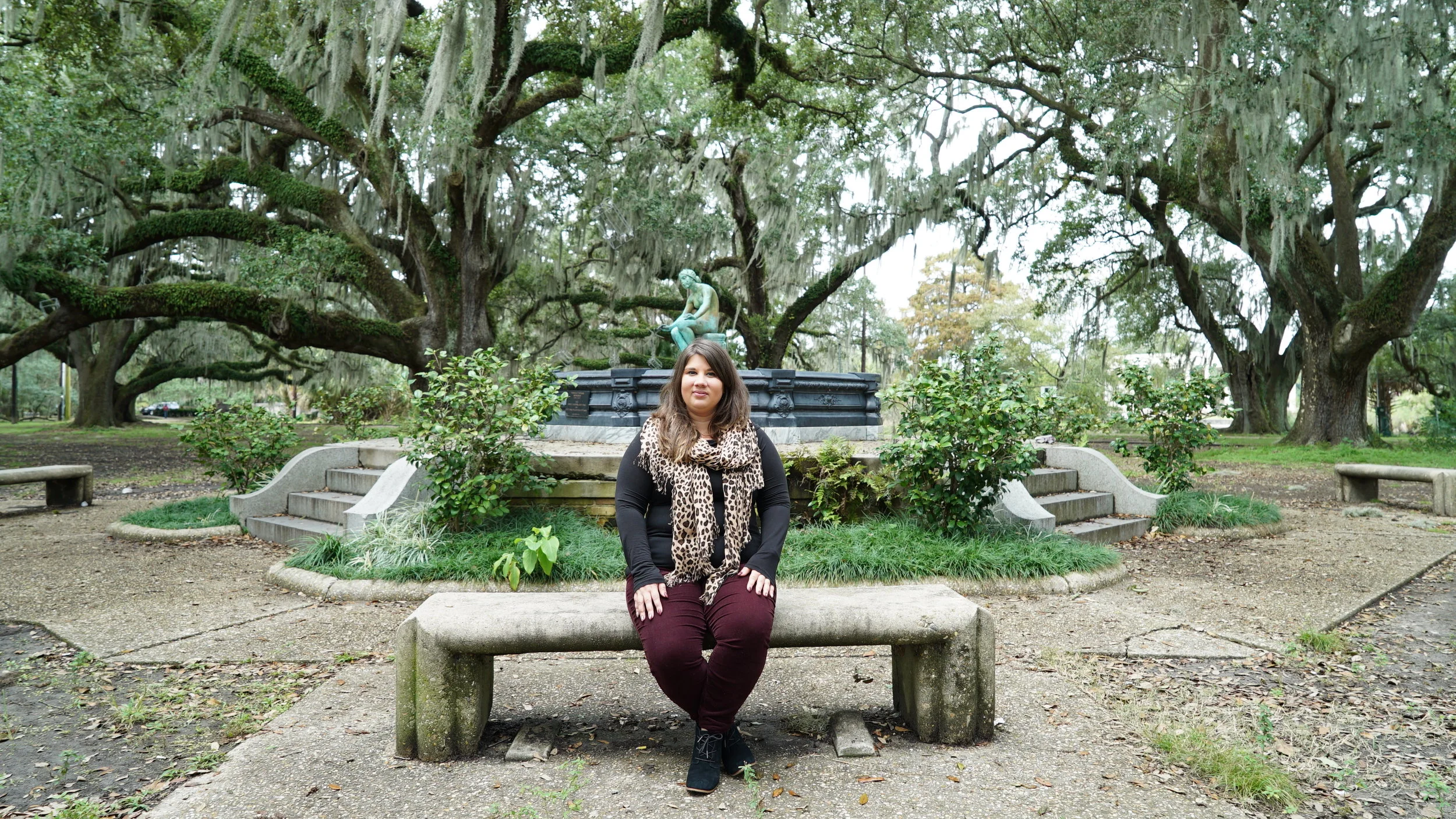“If we’re not building up a whole person, then how can we attempt to guide part of a person?”
JENNIFER’S STORY
People think sex ed and they think condoms and bananas, but really and truly it’s a space for young people to explore what’s important to them, where they want to go, what supports they need and how they want to be interacted with in the process, not just by their dating partners but in all of the spaces they occupy. My name is Jen and I’m originally from Texas, but I’ve been in New Orleans for 9 years now. I find that whatever cross-section of New Orleans I’m interacting with that people aren’t afraid to live their lives. They’re not afraid to express their passions, their opinions, their culture, their concerns, their needs…and I like when folks live their lives out loud.
I started my career working in a home with folks living with HIV/AIDS. I’ve gained my teaching experience working with young people across different forms of educational settings, from 2 and 4 year olds all the way to over-aged high school students. I love working with young people as they explore and embrace ways to be healthier. I came to IWES the Summer of 2018 for an opportunity to expand and assess really excellent comprehensive sex ed. It’s what gets me up in the morning, and I’m really excited to see if we can share it as far as possible. I was so excited to join this team because it’s an opportunity to look at young people and their sex ed in a positive framework. So often we’re so deficit focused – we have to prevent this, we have to suppress that and we have to delay this. Learning about your body and relationships and the range of comprehensive topics included in good sex ed is a natural component of a healthy young adult growing into adulthood. In this way, I feel that really good sex ed is, in fact, dignity education. I think there is a unique space in which we get to claim ourselves, and that we’re worth fighting for, and that we’re worth advocating for in a way that we just don’t get to necessarily do in algebra. I love being a part of that process.
One of the things I’ve learned through my experience is that it’s vital to have a focus on emotional well-being within sex ed programming. It’s considered so novel to have a mental health, coping skills and resilience focus as part of good sexuality education. That shouldn’t be considered an add on or a supplement. It should be considered essential. If we’re not building up a whole person, then how can we attempt to guide part of a person? So, I really respect IWES and the legacy of work that we’ve had in embracing a whole young person in all of their possibilities and potential and not just in one set of needs. It’s critical to have trauma-informed frameworks and programs so that, especially for young people, their experiences don’t have to dictate their story; that they get to be their whole selves and their wonderful selves, not carrying that weight, but rather having a space to step away from it and also to process through it that they’re not continued over and over again to be limited by whatever impacts have lingered.
